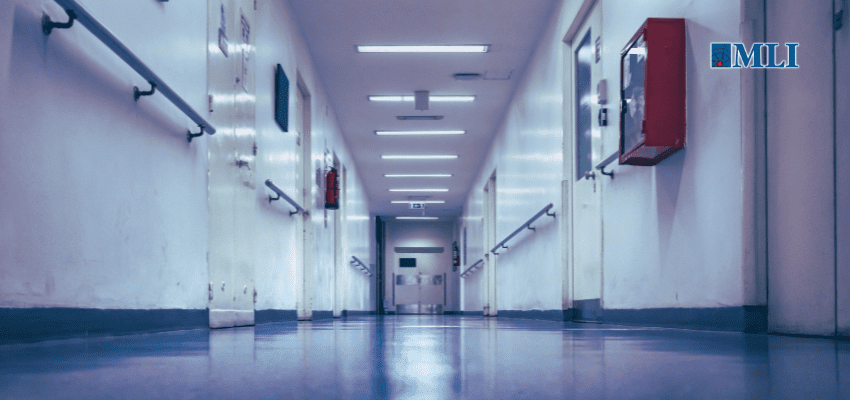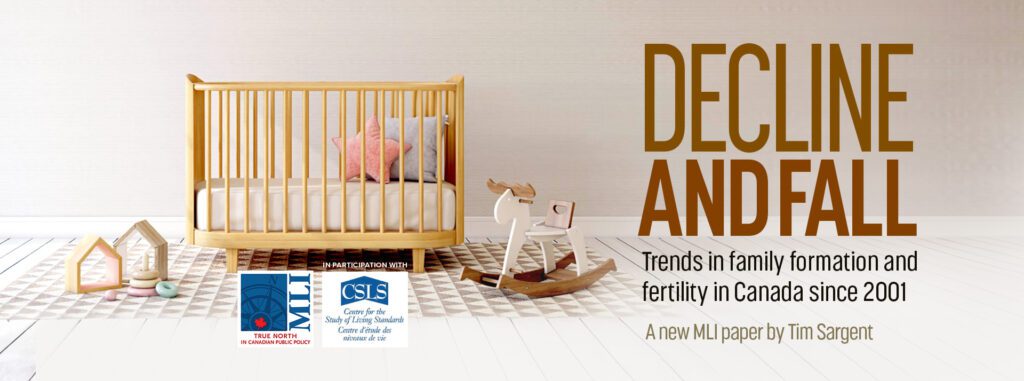This article originally appeared in the National Post.
By Brian Bird, December 19, 2024
A new report from Health Canada confirms that more than 60,000 lives have been lost to “medical assistance in dying” in Canada between 2016 and 2022. Euthanasia was supposed be the exception to the rule, but Canada has become a case study in how euthanasia is virtually impossible to confine once legalized.
Euthanasia in Canada was initially envisioned as an option only for competent adults nearing death who ask for their lives to be ended. A few years later, the requirement that death must be reasonably foreseeable disappeared from the law.
Parliament also enacted legislation that, if not for subsequent amendments, would have already decriminalized euthanasia for people suffering exclusively from mental illness (an expansion now scheduled for 2027).
In 2022, Quebec’s college of physicians proposed that infants with severe disabilities should be candidates for euthanasia. Last year, a parliamentary committee recommended that euthanasia be granted to certain minors.
Doctors in Quebec can now end the lives of people with illnesses that have rendered them unable to consent to euthanasia, as long they asked for it in advance. That province recently amended its legislation to allow euthanasia for people who “suffer from a serious and incurable illness leading to incapacity to give consent.”
This change allows people living with dementia or Alzheimer’s disease, for example, to make an “advance request” for euthanasia long before they are suffering severely and in a state of irreversible decline. Doctors need not obtain fresh consent from them before they are euthanized.
Yet the federal Criminal Code says that euthanasia cannot be granted based on this sort of advance request. Anyone who euthanizes a person in such a scenario could be prosecuted for the crime of assisted suicide or culpable homicide, depending on the circumstances.
Between the Government of Quebec directing the province’s prosecution service to not enforce the Criminal Code in these cases and the federal government saying that it will not litigate the matter, we are left with medical professionals in Quebec being overtly authorized — if not encouraged — to commit serious criminal offences. The federal government has hinted that this practice could soon be decriminalized across the country.
As for what advance requests for euthanasia in Quebec might look like, picture a person who is diagnosed with dementia and makes an advance request for euthanasia. Years later, this person meets the remaining legal criteria for euthanasia but no longer has the mental capacity to express a desire either to be euthanized or to cancel the advance request.
The person has, in the preceding weeks, resisted care and reacts negatively as the euthanasia process begins. The doctor in charge determines that the resistance is a symptom of the dementia, not a refusal to be euthanized. After members of the medical team restrain the person, the doctor injects a lethal substance.
Many advocates for euthanasia will say that describing advance requests in this way amounts to fearmongering, but the fears of euthanasia’s critics have proven to be valid time after time. Many of the same individuals who say there is nothing to worry about with advance requests point to safeguards in the laws that purport to prevent abuses.
Yet a judge in British Columbia recently halted a scheduled euthanasia due to allegations that the person to be euthanized was not legally eligible for it. In Ontario, recently uncovered documents reveal that 428 euthanasia-related cases in that province featured potential violations of the Criminal Code.
All these events have occurred in the less than 10 years since our Supreme Court first opened the door to euthanasia. One might hope that Canada’s story would be a cautionary tale that would lead other countries to avoid this minefield. Yet, despite being aware of the Canadian experience, lawmakers in the United Kingdom recently voted in favour of a bill that would, if enacted, legalize euthanasia in that country.
When I think about the troubling road Canada has travelled with respect to euthanasia, I am often reminded of the words of our national anthem: “O Canada, we stand on guard for thee.” Part of standing on guard for Canada is the duty to stand on guard for each other.
With euthanasia, we are failing in our duty. With every expansion of euthanasia, we confer a form of second-class citizenship on more Canadians, sending the message that they are less valuable than others.
This lie at the root of euthanasia must be undone. Every person, no matter their circumstances, has dignity and worth that never disappears. This truth — and the hope it promises — never dies.
Brian Bird is a lecturer at the Peter A. Allard School of Law, UBC, and a contributor to the Macdonald-Laurier Institute.







